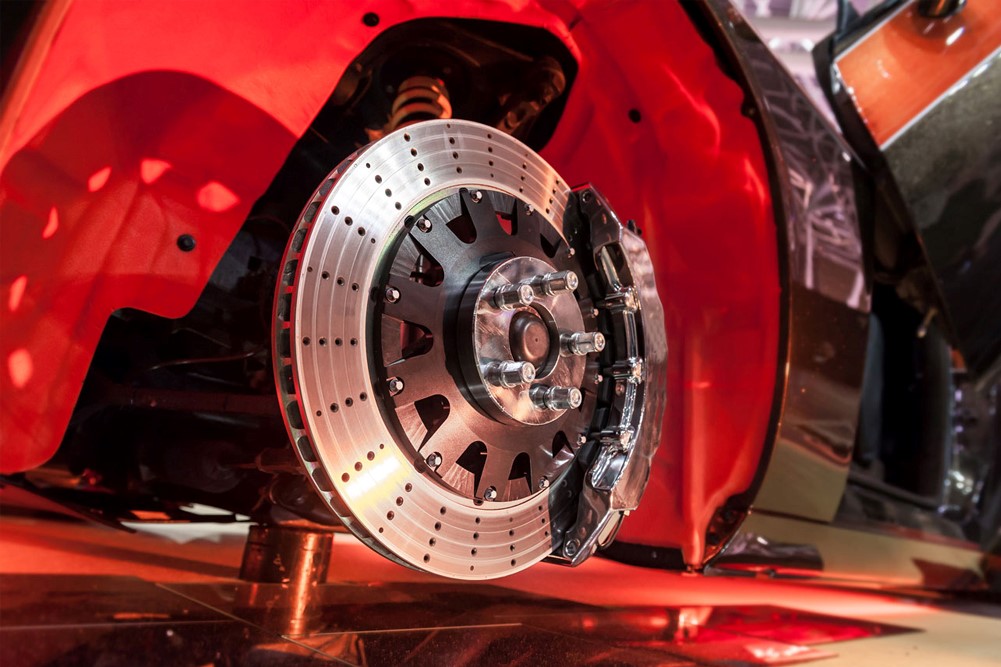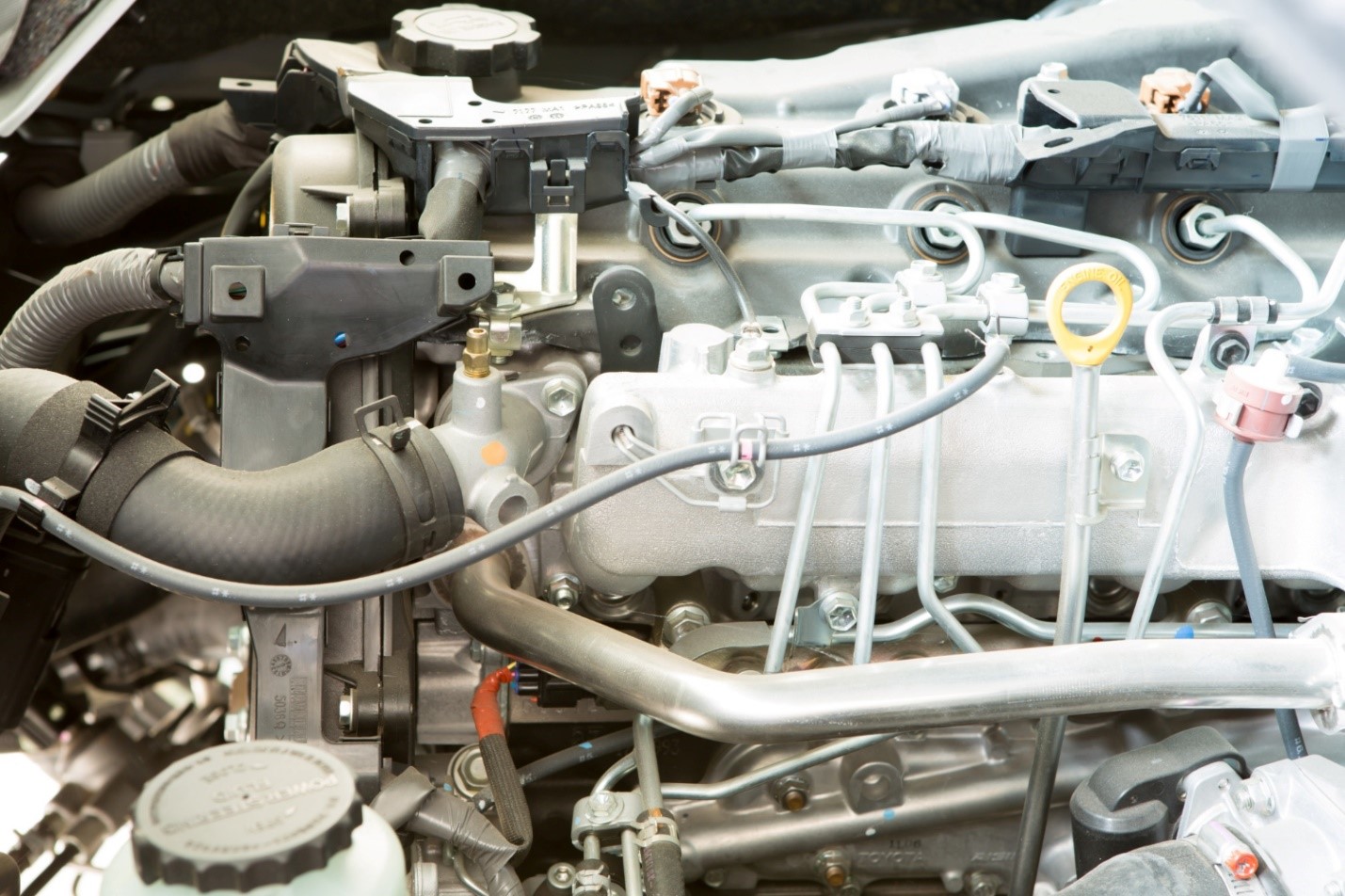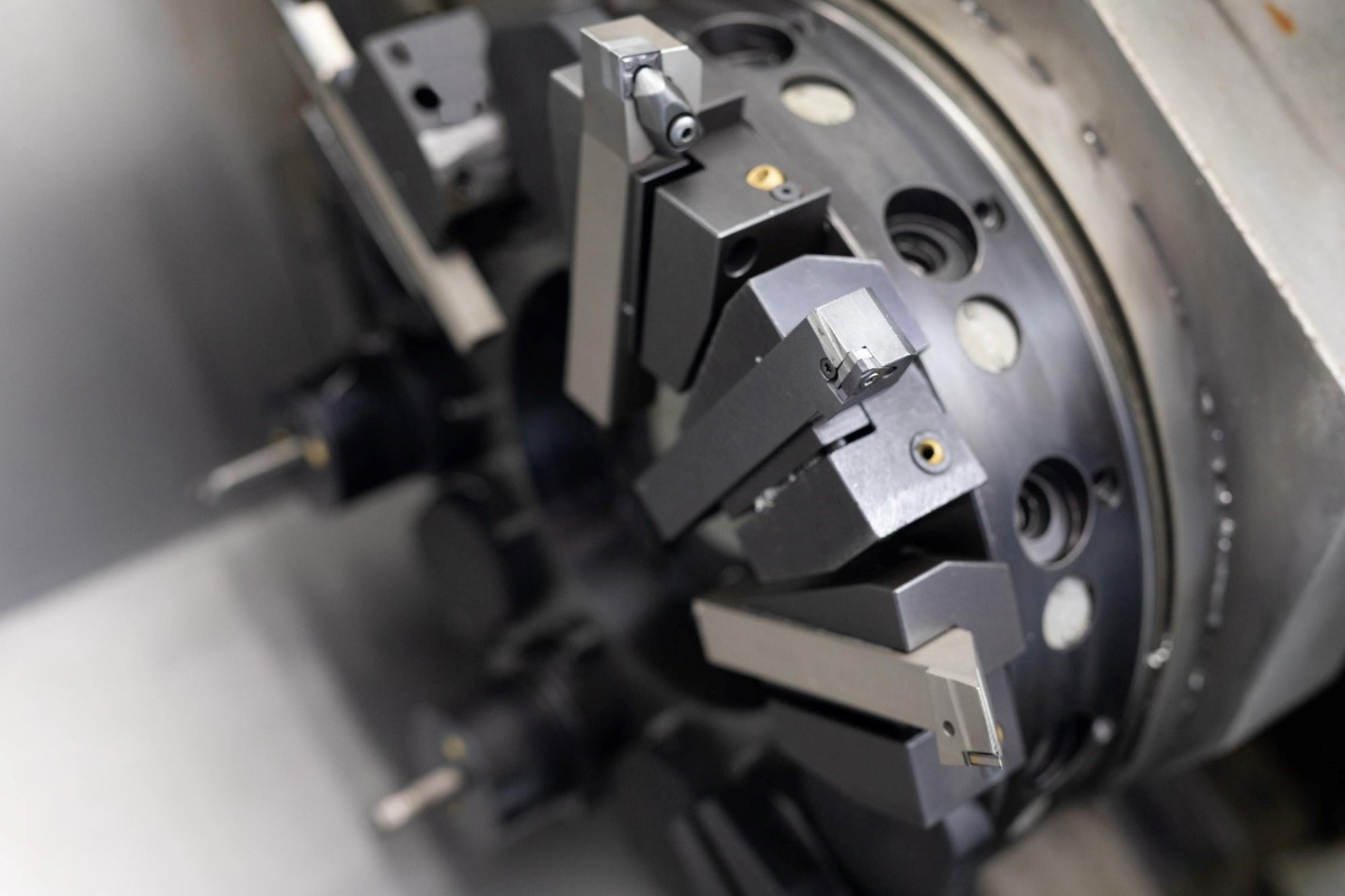Engine problems are the most dreaded of car issues. They’re incredibly difficult to solve and often require you to change the engine, which is always quite expensive. Several factors can contribute to engine problems, but the most important one is time.
Every engine gets old and tired eventually. Ideally, car engines last for up to eight years. If your car is anywhere in that age range, then any problems you have are likely a result of the engine slowly retiring. Burnt-out engines are more common with pre-owned cars. If you’re buying a previously owned vehicle, you’ll definitely have less mileage on the engine.
How well you take care of the car is also an essential contributor to how the engine performs in the long run. Simple mistakes like driving on an empty tank or not doing regular maintenance can damage your engine.
Knowing when your engine is having issues can help you get ahead of the damage. In some cases, you may be able to arrest it and prevent irreversible damage to the engine. Here are some of the common signs that let you know your engine is having issues.
1. The engine is making strange noises.
The most dreaded engine problem is a knocking sound coming from your engine. The knocking or pinging sound typically indicates that the engine is very close to its retirement. The pinging sound usually gets louder as you try to accelerate. There are several reasons why your engine could knock, including subpar fuel quality, worn bearings, and bad belt tensioners.
Aside from a pinging sound, there are other kinds of weird sounds your car can make. Backfiring, popping, and spitting from your exhaust are also warning signs that your engine might be having issues.
2. Your car is using more fuel than normal.
Every car has a peculiar fuel consumption rate. Although fuel efficiency may vary slightly depending on fuel quality and a couple of other factors, a steep drop indicates something that needs urgent fixing. Sometimes, a fault in your engine can cause it to change the way it processes fuel, thereby increasing your fuel consumption. For instance, if your fuel injectors are bad, you can suffer leakage that affects your fuel efficiency.
Other things that could cause low fuel efficiency include inferior air filters, spark plugs, and driving habits. Fixing engine issues around fuel efficiency is possible and will save you money in future expenses.
3. You have a smoky exhaust.
Smoke coming out of your exhaust can have different connotations. Sometimes, the color of the smoke can give you an idea of what’s happening. Black smoke is an indication that your engine has incomplete combustion. Incomplete combustion could result from inferior fuel injectors, a damaged air filter, mechanical faults in the engine, a clogged fuel return line, or malfunctioning sensors.
If the smoke is grey or white-ish, it could mean there’s excessive oil consumption in your engine; you’re having issues with transmission fluid or a stuck PC valve. Dark blue smoke indicates that your engine is burning oil, which can be caused by oil leakages into the combustion chamber.
4. You see oil patches under your car.
If, after leaving your car parked for a while, you come back and there’s a patch of oil underneath it, there’s something wrong you need to address. Cars shouldn’t be leaking oil under normal working conditions. An oil leak is likely a problem from the engine. The bigger the oil leak, the more pressing the problem.
If the oil leakage is allowed to continue, it will increase friction in the engine and generate more heat. This will cause damage to the components of the engine. Oil leaks are usually a result of broken oil seals and bad sump plugs. Failure to address an oil leak can lead to severe consequences – like an early retirement for your car engine.
5. Your engine’s performance is shaky.
A well-functioning engine should run smoothly, without sputtering. If your engine is making sputtering sounds while you’re driving, then the engine might be the problem. A faulty engine will shake, sputter, or even lose power as the rev increases.
Inconsistent engine performance could also be a result of bad spark plugs. Thankfully, spark plugs are inexpensive, so you can change them to know if they’re not the problem. If you still observe poor engine performance after changing your spark plug, then it’s time to see the mechanic.
Other causes of shaky engine performance include loose or damaged hoses, bad timing belt, broken fuel intake system, and damaged motor mounts.
6. Your car is overheating.
Generating heat in your car is crucial to getting it to work, but there’s such a thing as too much heat. Unless the weather is steaming hot, it should take a while for your engine to warm up to its normal operating temperature. If it heats up too fast, you may have a case of overheating. Such kinds of overheating are a precursor to seeing steam come out of your engine.
In cases of overheating, your cooling system is likely the culprit. You might have run out of coolant, be using the wrong coolant blend, or even have leaks in the engine. Check your engine to see if it’s leaking coolant. Otherwise, the issue might be your water pump. If that isn’t the problem either, your radiator may be the culprit.
Conclusion
Car engines are typically reliable. However, when they start having issues, you might want to consider planning toward a replacement. This is because a slight problem in the engine will affect performance and might lead to wear and tear. Even after the initial issue has been resolved, the wear and tear can take up a life of its own.
Replacing bad engines can be complicated and expensive, depending on the model. Ford users can check here: https://shop.revologycars.com/collections/coyote-swap-kit. Although car engines are expensive to replace, you can get a used engine to make it more affordable.
Remember to take proper care of your car in everyday use. Paying attention to little things like the type of fuel you buy and car oil, as well as slightly adjusting your car habits, can go a long way to preventing engine problems.








Add Comment